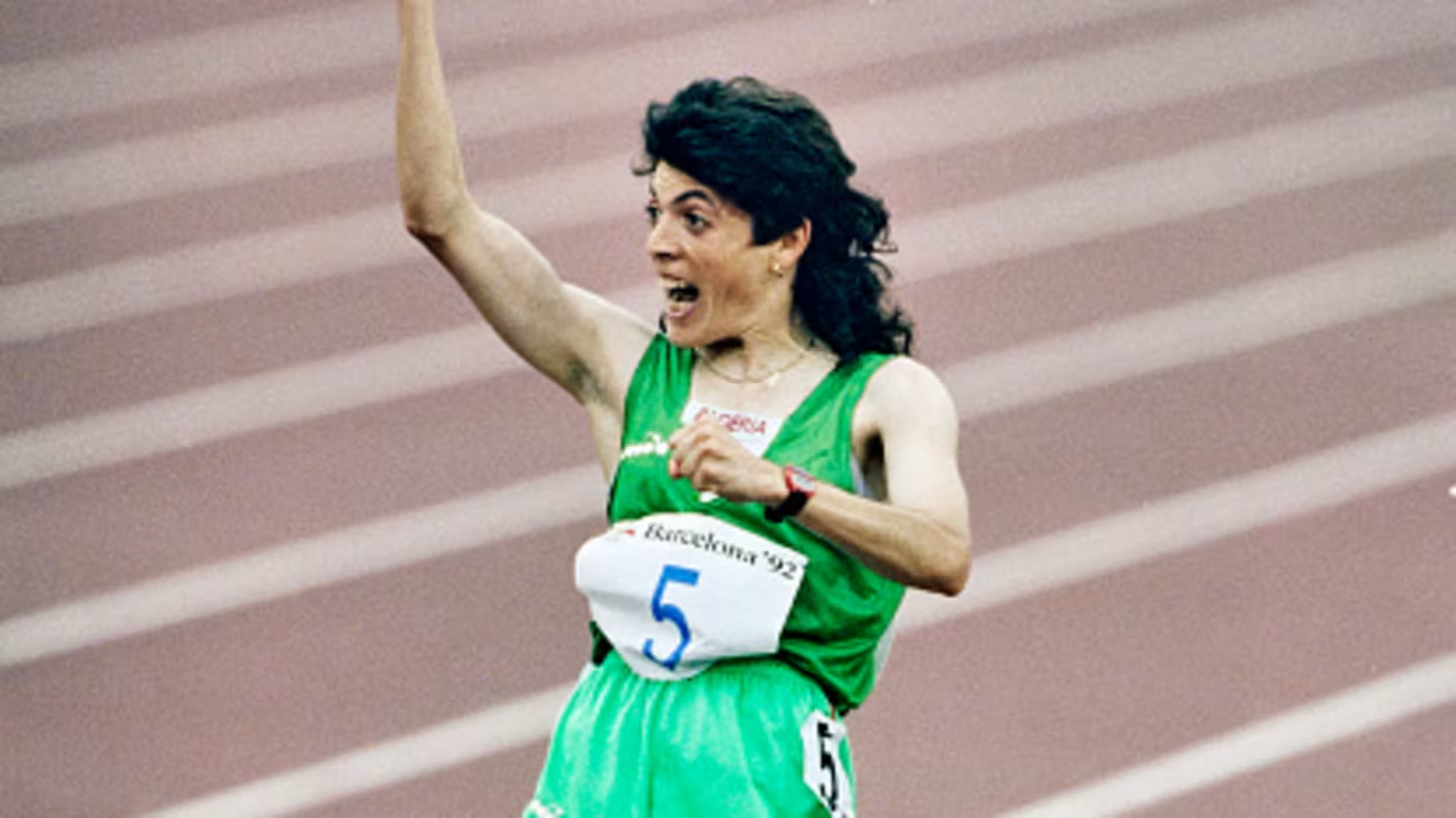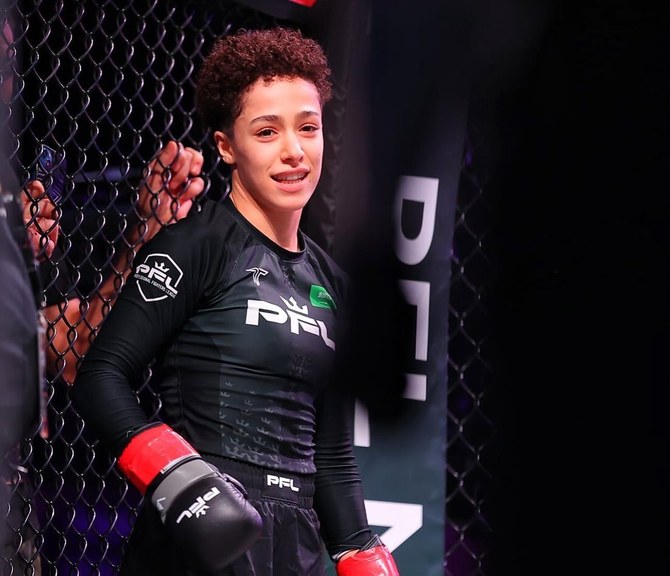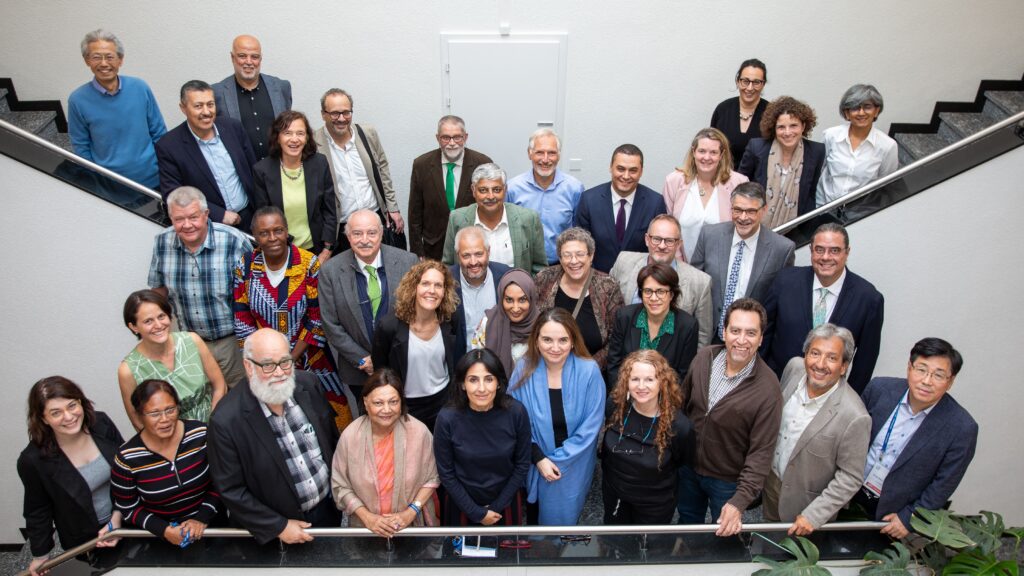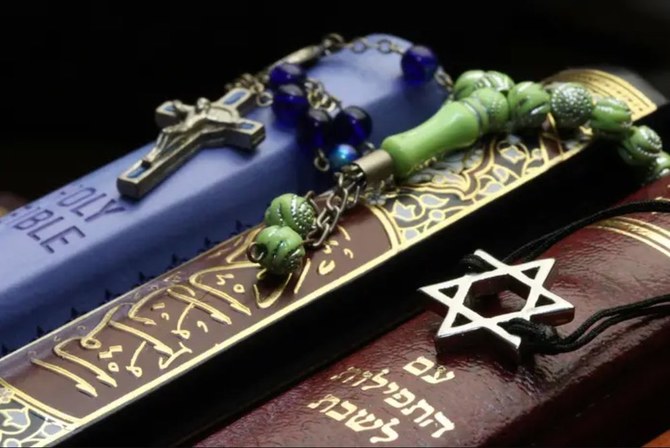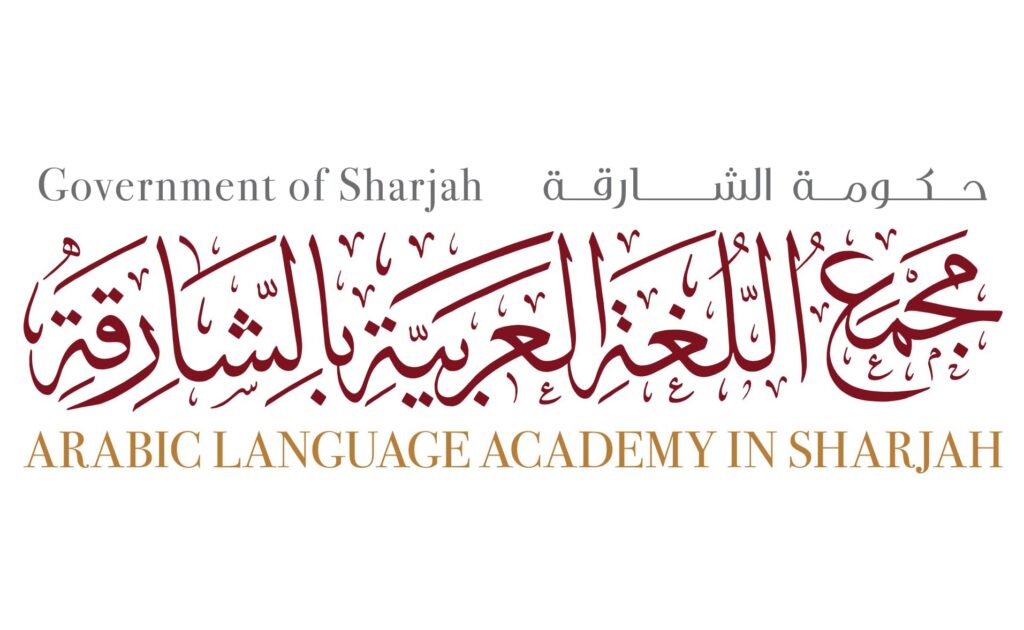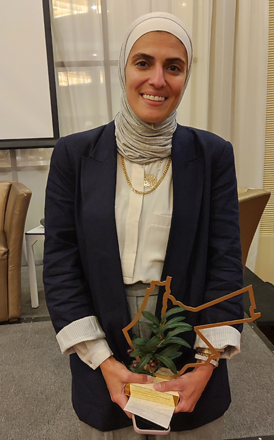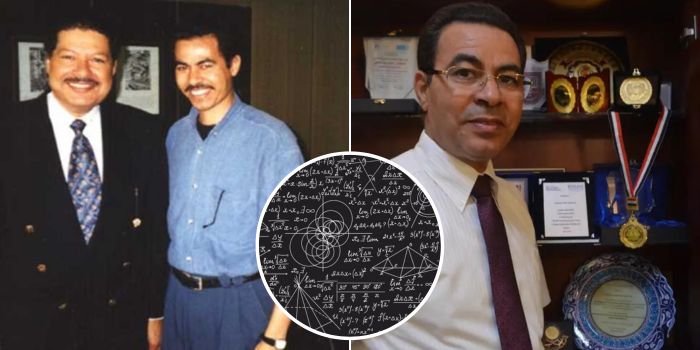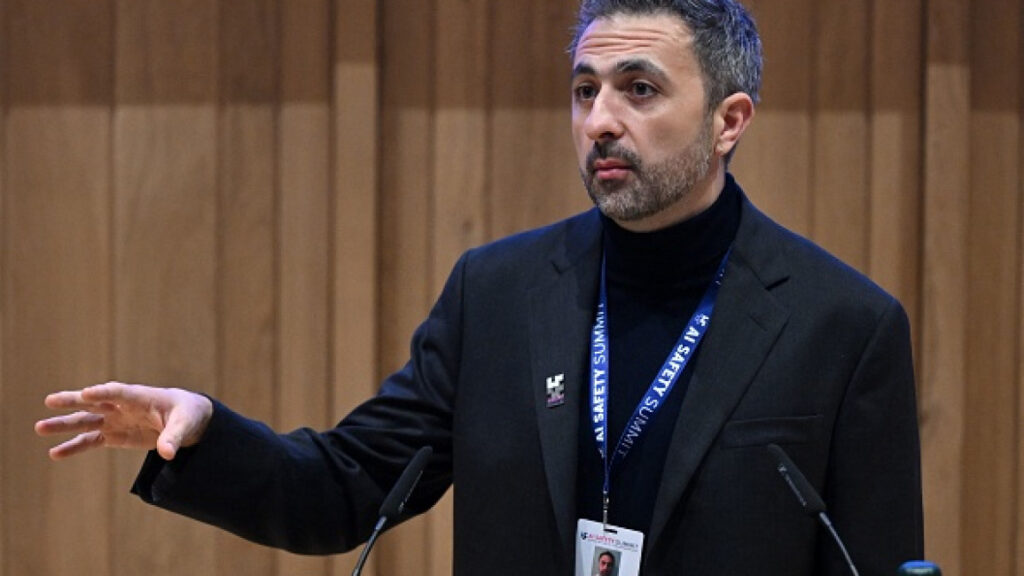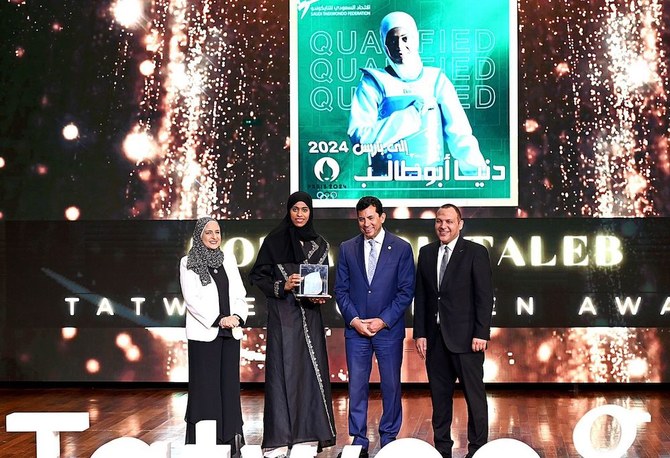The award-winning international correspondent talks frontline reporting, wearing the hijab on television, and how her personal connection to the Middle East makes her a better storyteller
In Autumn 2019, when Turkey launched its incursion into northern Syria, 23-year-old Nada Bashir packed her camera and flew to northern Iraq to cover the story. At the time she was a freelance producer for CNN in London “pretty fed up of constantly being on the Downing Street shift and covering Brexit. I knew I wanted to be in the Middle East but wasn’t perhaps experienced enough,” she says. “So I decided to just go by myself… I felt very passionate about what was happening and I knew I wanted to be a part of it.”
It was a bold decision – both her first solo story and first solo trip to a hostile environment – but the risk paid off. Just five years later, she is an award-winning international correspondent who has reported from the frontlines of the conflict in Yemen and the devastating 2023 earthquake in Turkey.
Now 28, Nada is speaking from her home in West London. She flew in yesterday from Cyprus where she was covering aid ships heading to Gaza, and she will likely be dispatched again imminently although she doesn’t know when or where. She’ll pack a book and headphones but otherwise, “it’s all tech gear, medical kit and body armour”.
Unpredictable as this career may be, it is one that she has dreamt of since she was a teenager, watching the Arab Spring unfold: “We were all glued to the TV, seeing what was happening across the Middle East and back home. That was the moment for me when I was like, ‘actually this is what I want to do’.”
Back home is Libya from where Nada’s family originate, although her parents – her father was an aircraft engineer and her mother is a nursery teacher – left before she was born. “My dad was a pro-democracy activist,” she says. “He spent more than 30 years essentially in exile…It was something that we were all aware of, something that we talked about a lot.” It meant that growing up in Brighton, on England’s south coast, “the news was constantly on” but Nada never considered that she might one day be on screen herself. The middle of five siblings, she was “very shy” at school: “I vividly remember being forced to do a presentation, feeling like I was about to faint and going red in the face. I never ever would have pictured myself doing this.”
But after becoming involved in student TV while studying Politics and East European Studies at University College London, securing the internship at CNN and impressing her editors with her story from northern Iraq, an on camera career beckoned. “I spent so much of my childhood consuming news about what was happening at home and a lot of it coming from Western networks. There were a lot of things where you watched it and felt like the story of your people, your region, wasn’t being told fairly, properly or accurately,” she says. “Still there are times when I watch coverage and it’s frustrating because there’s a real lack of understanding around some of the cultural dynamics.
Being Arab isn’t essential to reporting on the Middle East, she says, but it does break down barriers: “Just being able to speak to people in their language, understanding their culture… Having that connection has made me a better storyteller.” The stories she tells are often difficult ones and they stay with her – the elderly Syrian refugee who lost his family in the Turkish earthquake, the 11-year-old Moroccan girl who guided her around a makeshift burial ground after the earthquake there last September, the Palestinian teenager detained without charge in the West Bank. Reporting on the war in Gaza has been particularly poignant: “Talking about the Palestinian cause is something that no Arab person hasn’t done. That is part of our cultural identity in a sense. That history is interlinked with all of the Middle East.”
Within the first week of war breaking out, Nada was in Jordan and Oman covering anti-war protests. Since then she has reported from Lebanon and Egypt but it is her time in the occupied West Bank – her first visit there – that has been most affecting. “That was a part of the story that we felt was being completely overlooked,” she says. “It’s not a new story. Palestinians in the West Bank have been marginalised, treated as second class citizens for decades”. She describes this reporting as “the most challenging” of her career to date, finding her objectivity over such a “polarising” story called into question. “There are so many assumptions about where your personal views might lie because of your cultural or religious background,” she says. “I am a visibly Muslim woman. My name is Arab. It’s very clear where I’m from…But with a story like this, it’s very difficult not to feel like your journalism is being undermined by assumptions of where you might stand.”
Many of those assumptions come from the fact that Nada wears the hijab. When she first started at CNN, she was “apprehensive at first – working for an American network and what that might mean in terms of how I fitted into that. Thankfully it’s never been an issue.” Being on air though, “has been slightly different”. Most difficult was reporting from London on the anti-regime protests in Iran. “For me, it’s a personal choice. You should have the freedom to choose whether you wear it…Covering the story was very important to me but I had a lot of backlash because a lot of people couldn’t understand how I could cover that, as somebody who chooses to wear the hijab, given that many women there were risking their lives and being persecuted for choosing not to.” On the flip side, she has also received “so many” messages from young hijab-wearing women who also aspire to be journalists: “I know that feeling because I felt like whenever I saw somebody wearing a hijab on TV.”
Today she feels like that when she sees the wider Arab diaspora experience represented, like in American comedy-drama, Ramy: “You feel the connection to it… It’s a blend of cultures and that is something that we identify with.” And when so much of her own work focuses on amplifying the voices of those suffering great hardship, she is grateful that there is increasingly space to celebrate the Arab world. “It’s sad because I think growing up, the only thing you’d really hear about the Middle East was war or conflict or political issues,” she says. “And there’s so much more to the region. There’s so much history, so much culture, so many people doing incredible things in different industries. It’s nice to see those aspects being showcased now, in magazines, in TV, in film, in music. To see that actually there’s a different side to the region, which has always been there. It just hasn’t really been given the platform.”
What Nada truly hopes is that when things improve in the Middle East, she will be there to report on it: “I can only hope that at some point there will be a positive change and I will get to cover that as well.” For now though, she has her bags packed, ready to head wherever the story takes her next: “It’s extraordinary; it’s a privilege and I wouldn’t change it for the world”.
Images Supplied / From Harper’s Bazaar Arabia’s May 2024 Issue
source/content: harpersbazaararabia.com (headline edited)
__________
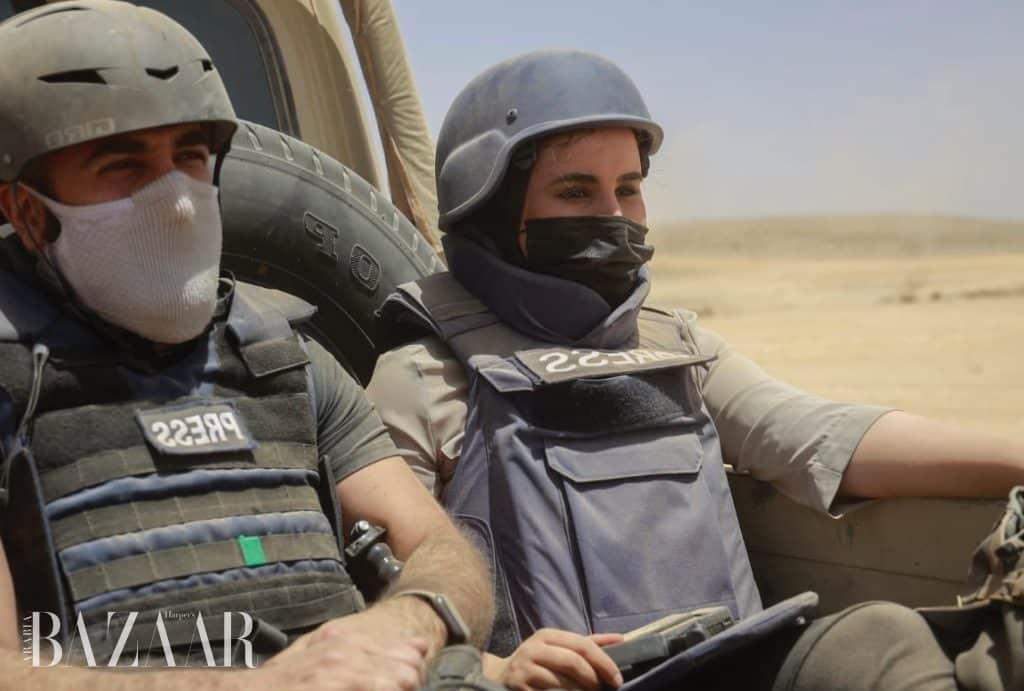
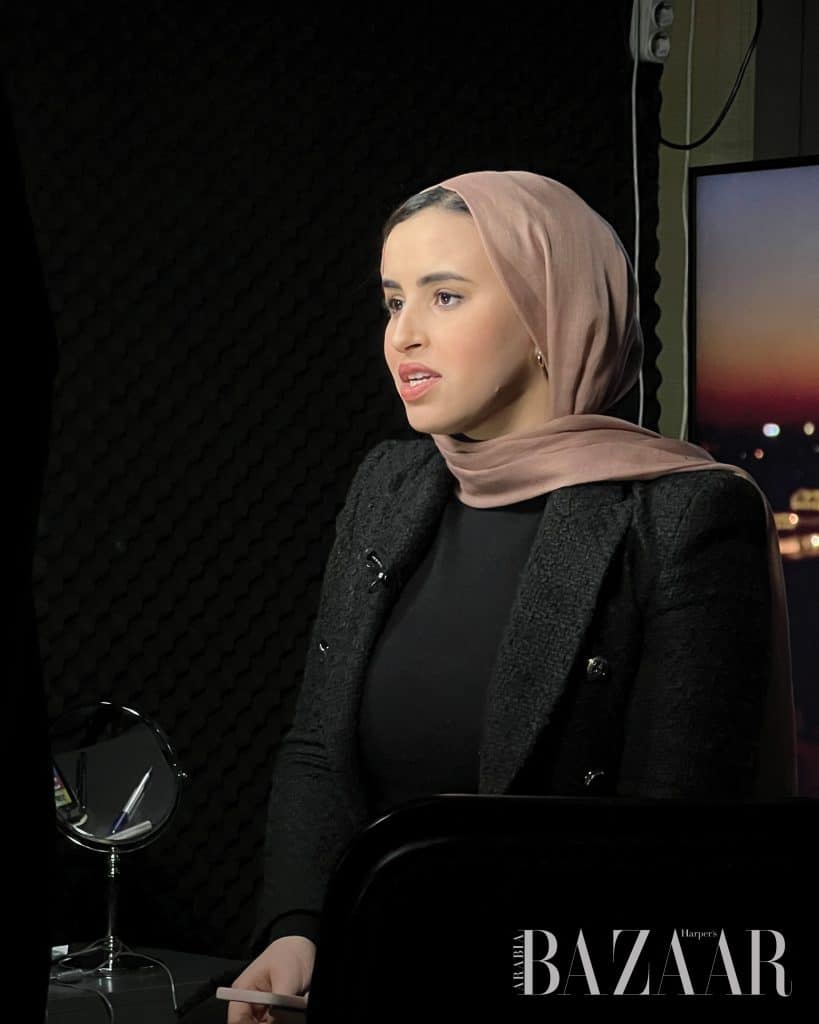
______________________________
UNITED KINGDOM / LIBYA
